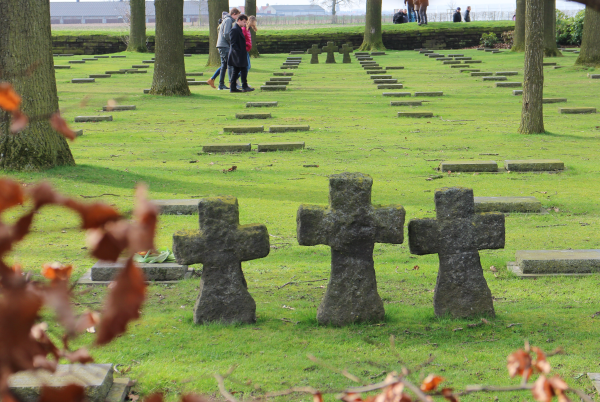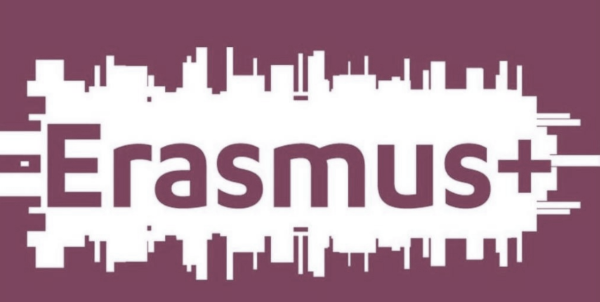 After having spent a night in the Peace Village in Flanders, the Erasmus group set out to explore the region with its many memorial places. Here are some sites which the young filmmakers chose to visit in order to make a documentary on scientific and technological advances and ethical issues during WWI.
After having spent a night in the Peace Village in Flanders, the Erasmus group set out to explore the region with its many memorial places. Here are some sites which the young filmmakers chose to visit in order to make a documentary on scientific and technological advances and ethical issues during WWI.
The Death Cells in Poperinge
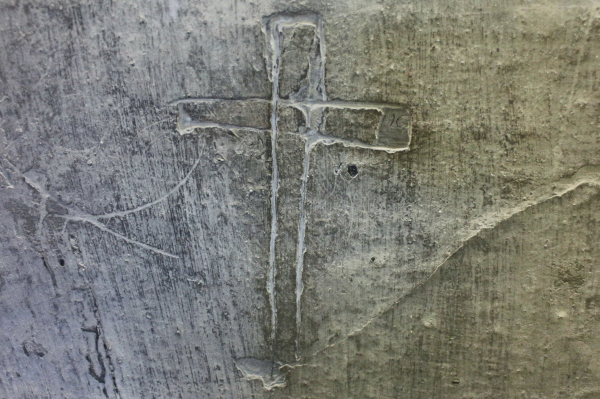 Many traumatised soldiers, who suffered from shell shock, were considered cowards during WWI. In the prison cells of Poperinge town hall some spent the last night before their execution and carved graffiti into the walls while waiting for certain death. Outside, a poem by the Flemish poet Erwin Mortier reminds us of the soldiers’ fate.
Many traumatised soldiers, who suffered from shell shock, were considered cowards during WWI. In the prison cells of Poperinge town hall some spent the last night before their execution and carved graffiti into the walls while waiting for certain death. Outside, a poem by the Flemish poet Erwin Mortier reminds us of the soldiers’ fate.
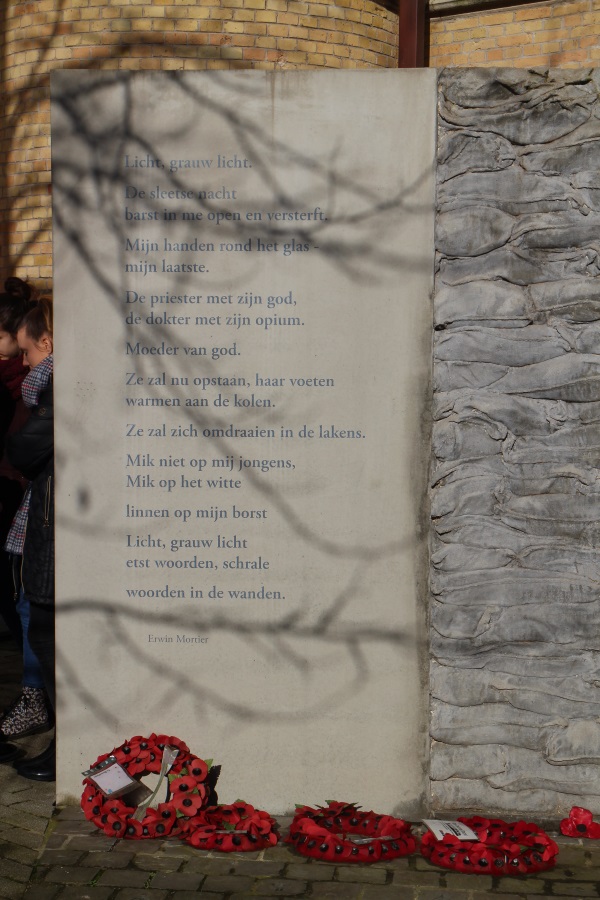
The final stanza refers directly to the soldiers’ graffiti: “Licht, graues Licht / ätzt Worte, spröde / Worte in die Wände.”
Sanctuary Wood Museum
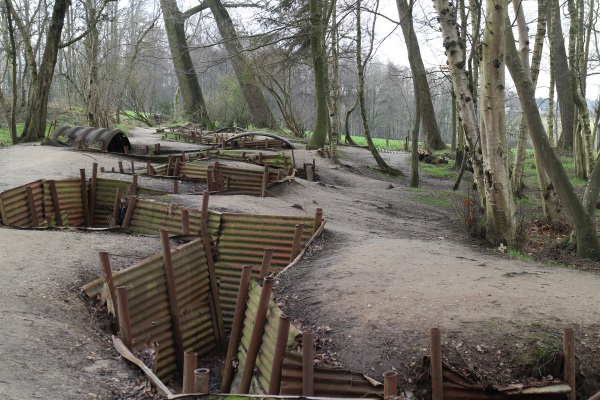
In the Sanctuary Wood Museum the students filmed in WWI trenches.
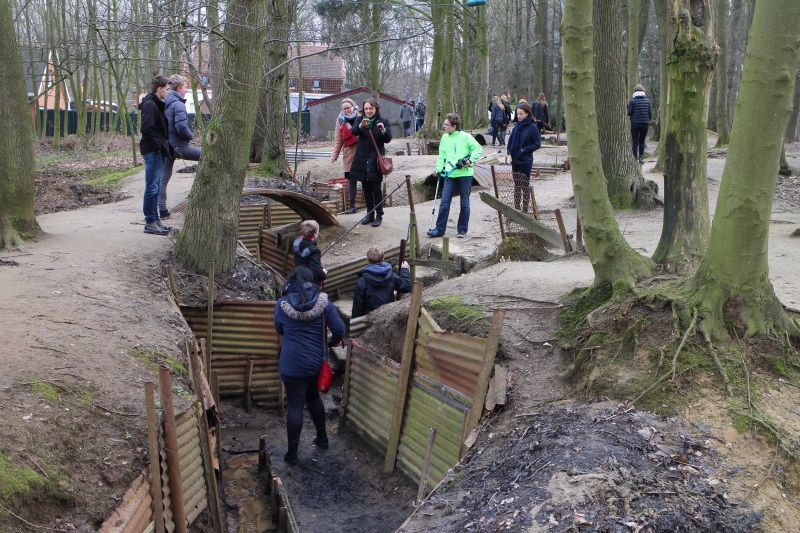
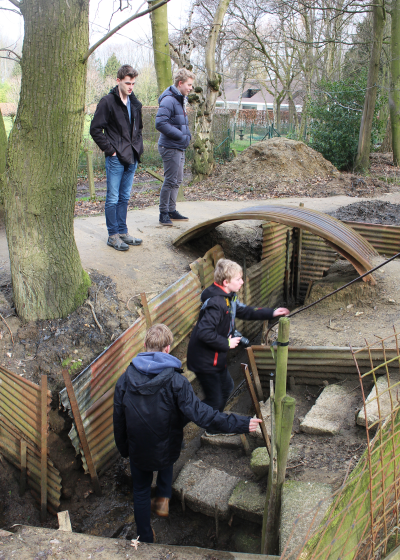
During lunch break some also visited the Sanctuary Wood Cemetry together with Ms Heidemann and Mr Preyer.
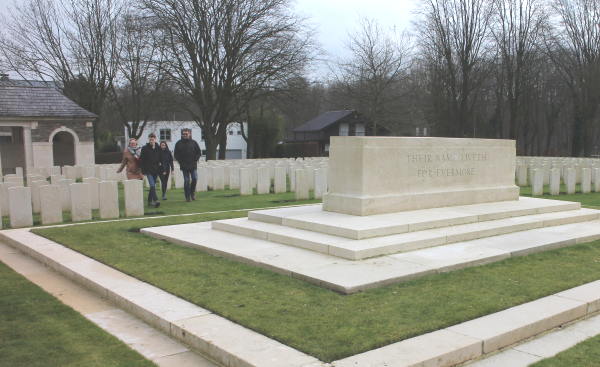
Passendale Research Centre
In Passendale the students spoke with experts about aviation, chemical warfare, coding and decoding, communication technologies and trauma treatment.
St. Julien War Memorial
The bus stopped next at St. Julien War Memorial, which was erected by the Canadians in the very spot where German troops had started the first poison gas attack on 22nd April 1915.
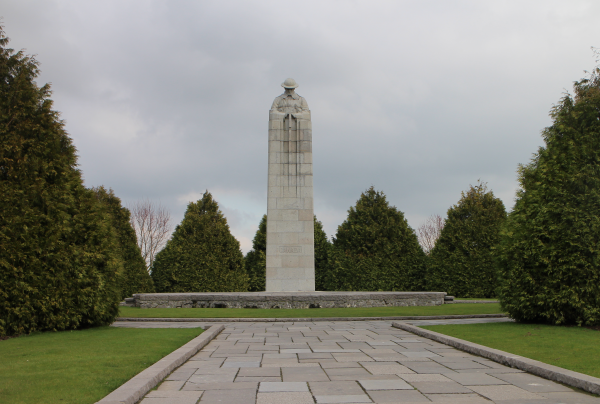
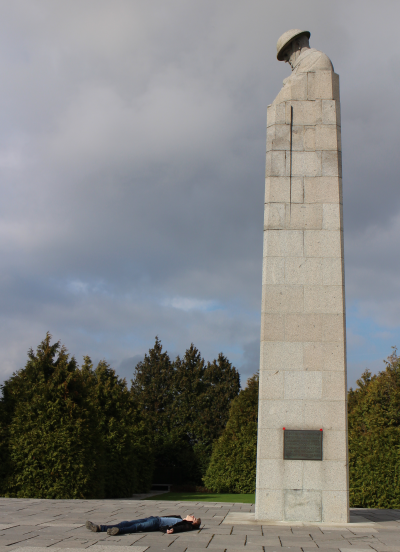
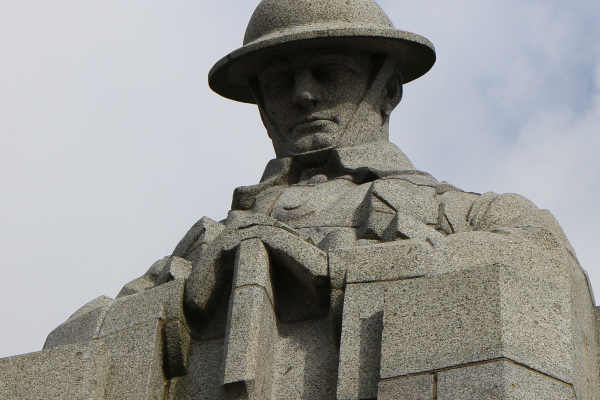
Hooge Crater Museum and Langemark German Military Cemetry
The tour finished with a visit to Hooge Crater Museum and the Langemark German Militry Cemetry. The cemetry became the final resting place for 44.061 German soldiers who had been killed in Flanders during WWI.
